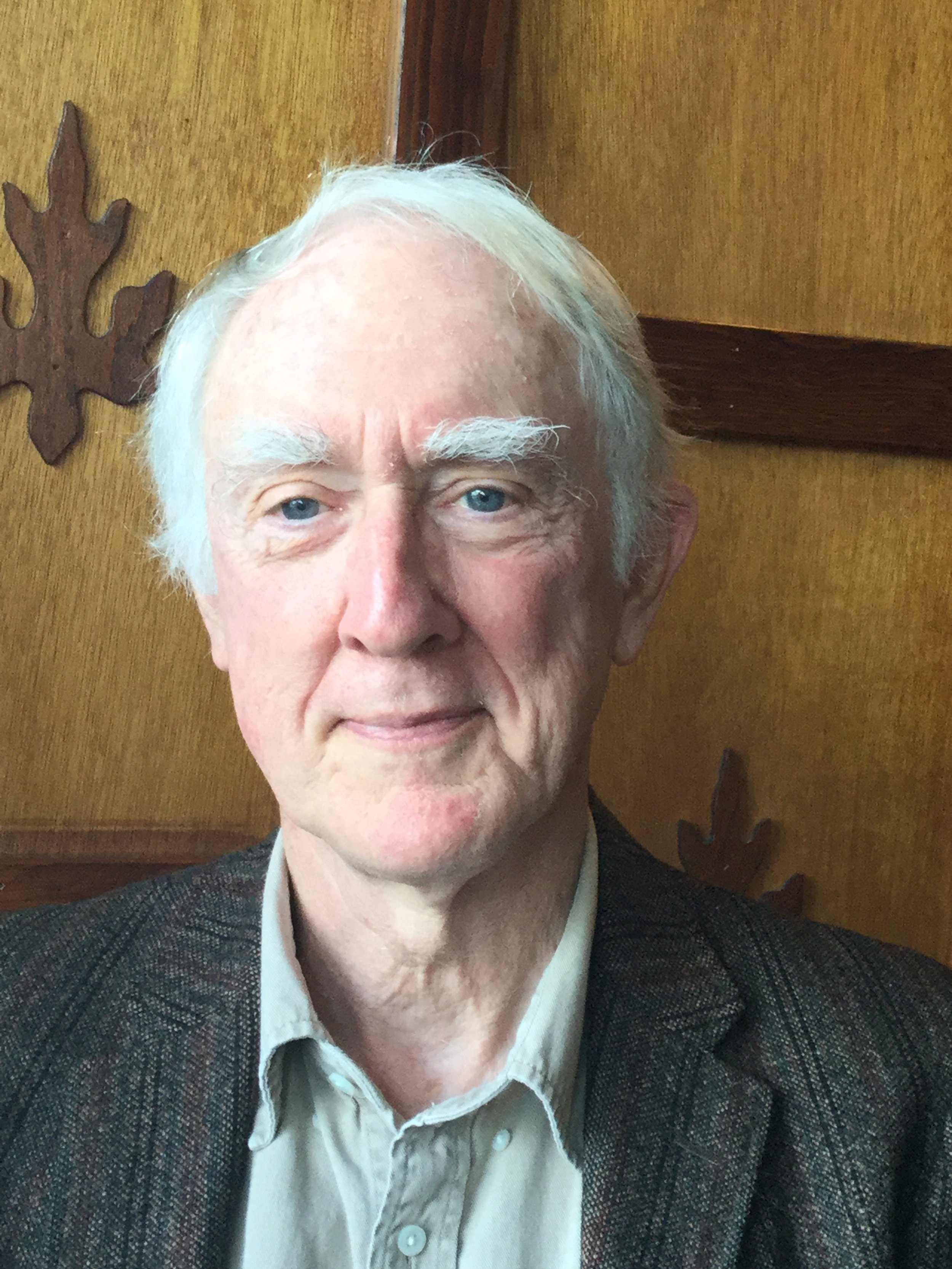Supervisors
Israel “Rulik” Perla, PhD, LMFT
Being an intern brings many challenges, possibly more than anything you have experienced before. My primary goal is to help you navigate these challenges and make the internship a successful learning and growing experience. I hope that we’ll gradually learn to know and trust each other. My intention is to be completely open and honest with you and I invite you to tell me if ever it does not appear to be that way. The supervisor is one of your primary resources during internship, and you are welcome to contact me any time with issues that arise in your practice.
My professional work includes psychotherapy with clients in private practice, supervising and training therapy interns, and adding human dimension to the working of high-tech companies.
Email: soulful.counseling@gmail.com
Learn more about Israel “Rulik” Perla →
Tessa Sinclair, LMFT
My supervision style is eclectic and grounded. My background in contemplative education and transpersonal psychology guide the thriving private practice I started in 2016.
While pursuing licensure, I often used supervision to process what came up for me in regards to my client work, acknowledging and digesting any countertransference as it arose. I find this to be one of the most important components of supervision. Dealing with our "stuff" makes us better clinicians, and helps us see our clients more clearly. Plus, practicing vulnerability in a professional setting prepares us to offer this distinctly rich gift in our work.
You can expect to learn both experientially and didactically from me as your supervisor, including (but not limited to) some of my favorite therapeutic tools and interventions: Awareness/Mindfulness practice, Art/Drama therapy, Focusing, Gestalts, Guided Imagery and Somatic Inquiry.
All offered with a holistic, humanistic approach. It's worth noting that I use the DSM very little, if at all (preferring the lens of the Enneagram to categorize and "diagnose" my clients’ unique personalities and needs). I do, however, recognize the necessity to familiarize oneself with the manual in preparation for exams; and I'll support you in that to the best of my ability.
Email: tessa@talkwithtessa.com
John M. Dyckman, PhD
John has been in practice since 1977, and was fortunate to study with Dr. Erickson in person in Phoenix in 1978. He has practiced in hospital, clinic and private settings, and taught at both the graduate and undergraduate level. He has conducted workshops and supervision for practitioners, both in the Bay Area and internationally, and was the coordinator for the meetings of the Society for the Study of Psychotherapy Integration in Berkeley in 1996, with an active interest in combining interpersonal, systemic and individual psychology.
John is the author of Scapegoats at work: how to take the bull’s-eye off your back, an analysis of the problem of workplace intimidation. His interests include: solving problems in the workplace; somatic psychology, especially utilizing the unconscious mind to aid pain control and healing; working with men’s emotional self-expression; and facilitating interpersonal relations using both systemic and individual knowledges.
Email: jdyckman@gmail.com



